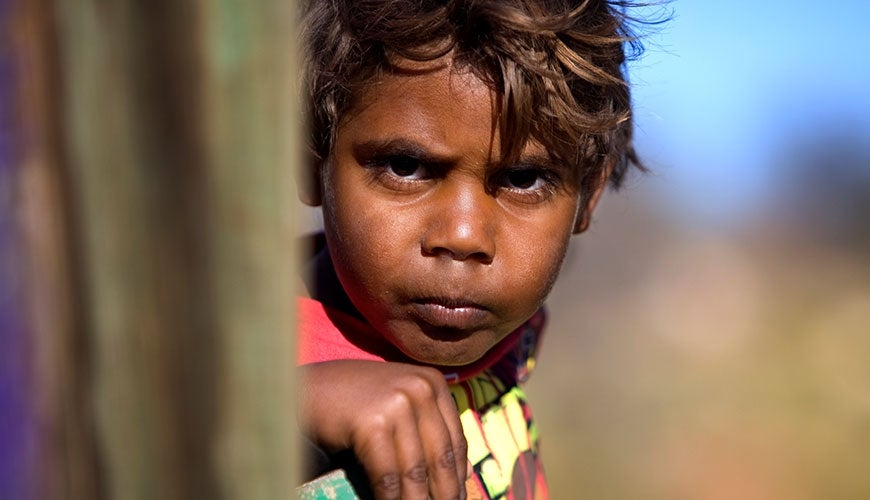Failure to close the gap in healthcare puts Aboriginal and Torres Strait Islander people at increased risk

Aboriginal and Torres Strait Islander peoples have higher levels of pre-existing illness than other population groups due to relative social and economic disadvantage, which means they are susceptible to more severe impacts from COVID-19.
It’s important at this time that we listen to the health experts, such as the National Aboriginal Community Controlled Health Organisation (NACCHO), follow their advice, and avoid visiting remote communities and putting them at risk. I have been appalled at reports from organisations such as the Australian Indigenous Doctors' Association (AIDA) of racism within the healthcare system. Racism is never OK, but at a time like this is it particularly damaging.
Indigenous peoples still experience significant health inequality and this failure to close the gap in healthcare has put our people at increased risk. As co-Chair of the Close the Gap campaign, I am
calling for urgent systemic reform.
Together with ANTaR, the Commission helped launch this year’s Close the Gap report, written by the Lowitja Institute. The report outlines 14 recommendations for the structural reforms needed to improve healthcare, social and economic outcomes. The report was launched online for the first time this year on Close the Gap Day (19 March) and I was interviewed by NITV. Being online-only didn’t stop us making our voices heard and #CloseTheGap was the top trending non-COVID-19 topic on Twitter in Australia that day.
Aside from healthcare inequality, I’m worried about the impacts of emergency measures on people in Indigenous communities with drug and alcohol addictions, and for people experiencing homelessness and domestic violence. They need extra support at this time.
I am also concerned that increased police powers could lead to further disproportionate targeting of Indigenous people, leading to more fines and even higher incarceration rates than the shocking levels of unnecessary over-incarceration we already have.
The current system takes an interventionist, punitive top-down approach—and that approach is broken. What's needed is a community-led, trauma-informed preventative approach that tackles the entrenched social and economic disadvantage behind most of the minor crimes our people are incarcerated for. I spoke to ABC News about this issue.
June Oscar AO
Aboriginal and Torres Strait Islander Social Justice Commissioner
